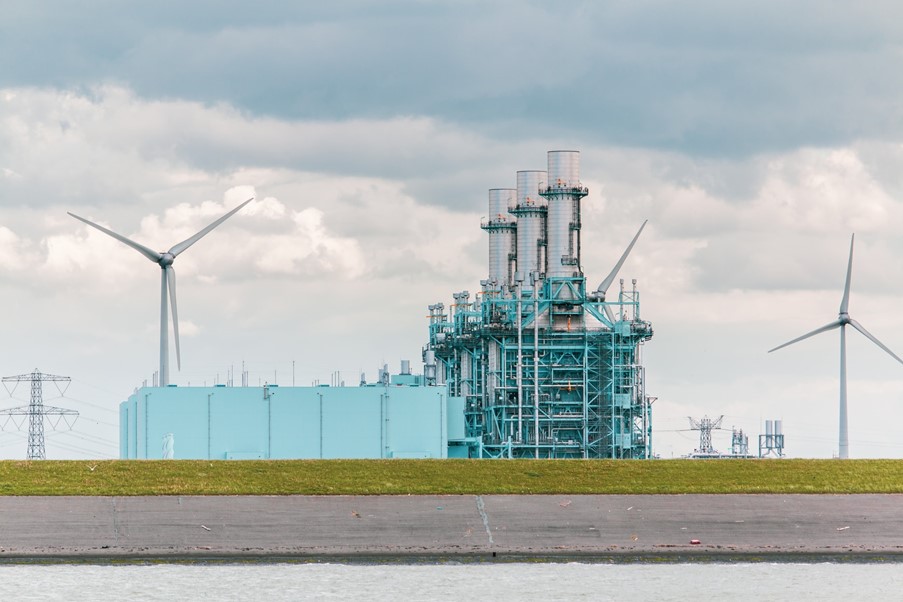Saving... Please wait..!
Hydrogen Energy Canada | Technologies for Net Zero | Global Energy Show
How Companies Aim to Achieve Net-Zero With Clean Hydrogen Energy In Canada

According to many environmentalists, hydrogen is the future of energy in Canada and worldwide.
President and CEO of the Canadian Hydrogen and Fuel Cell Association, Mark Kirby, is one of those empowering Canadians who believe that hydrogen can take us to net-zero. Mark is an experienced executive in the chemicals and clean energy space, with a decade of experience in the hydrogen and fuel cell sector.
With his innovative outlook, Mark addresses the key components of hydrogen and renewable energy while discussing how to reduce emissions, commercialize hydrogen, and how to use the natural resources Canada has to our advantage.
Mark sat down with Rachel Gregory, Digital Host at The Global Energy Show, to discuss how his company will use Canada’s natural resources to help get us back to having net-zero emissions.
Global Energy Show - Mark Kirby, President & CEO, Canadian Hydrogen and Fuel Cell Association
How Canada’s Hydrogen Production Will Effectively Push Canada to Net-Zero
Rachel: Canada released its national hydrogen strategy in December 2020. Where does hydrogen fit in the energy mix?
Mark: Hydrogen is a clean fuel pathway. There are not many options. We have clean power, electricity, clean biofuels, and we've got clean hydrogen. So those are really the only way you can get to net-zero other than continuing to use fossil fuels, like natural gas.
Combining that with carbon management and sequestration are Canadian companies' choices. We really need to start thinking about making sure they have good access to all those clean hydrogen fuel cells to manage their transition to net-zero efficiently.
What it Takes To Commercialize Hydrogen Technologies
Rachel: In your opinion, what is needed to commercialize hydrogen technologies as the world transitions to a low-carbon economy?
Mark: Well, there's a lot of work required. There's been enormous progress made over the past several decades. The fuel cell technology used in transportation has improved fast, but there's not enough of them. Similarly, clean hydrogen production has come down in cost.
As hydrogen is produced without GHG emissions, we now have a number of ways to make it. We can make it from fossil fuels such as natural gas through electrolysis by managing the carbon dioxide emissions through carbon capture and sequestration. We can also produce it from biomass, but we still need more. We need massive investment in Canada’s hydrogen economy.
We also have to complete research around: how do you move renewable hydrogen? How do you get it from where it's produced? Where is it needed? And how do you get the fueling stations in place to dispense it for the vehicles?
The Advantages of Hydrogen Production In Canada
Rachel: What are some of Canada's advantages in the hydrogen sector? And, are there opportunities to become a leader globally when it comes to the innovation and technology of these projects?
Mark: You know, we have globally recognized businesses that sell their products and services around the world that are involved in the hydrogen economy. They're supplying hydrogen production equipment, fuelling infrastructure, fuel cell technology, and products. So, we already have the advancements that we have, leading businesses in place today. We also are a major producer of clean hydrogen.
At this stage, we are the world's largest producer of clean hydrogen, largely based on some of the work done in Alberta today and in Quebec, where we have hydrogen production from Quebec's most abundant resource, low-cost clean power.
We also have some advantages, and to maintain that, we need to be supporting that industry. The main thing is to start doing commercialization here in Canada. Our companies can compete around the world, but it would really help if we kept the production process anchored in Canada. If more production were happening here in Canada, hydrogen would be moving forward. It really now is up to Canada as to whether it wants to move forward, to help its industry decarbonize, and to help take part in that enormous economic opportunity.
Preparing For Sustainable Energy Worldwide
Rachel: Well, it's all part of the energy transition. The world is moving towards clean, sustainable energy. It's a big topic right now. So what do you feel companies can do to better prepare for this?
Mark: The main thing they can do is start planning, evaluating the options, and deciding the right mix of technologies they can use to decarbonize their operations. Hydrogen development has the potential to be the low-cost or the most efficient way for them to decarbonize. So it really is in their interest to start supporting the build of infrastructure and supporting demonstration projects for hydrogen vehicles and hydrogen technology.
How Canadian Companies Are Participating in Hydrogen Projects
Rachel: Well, a great example of an oil and gas company moving on board with this is Suncor, who's partnered with ATCO to develop Canada's largest hydrogen project in Fort Saskatchewan, Alberta. So why is it such a great place for projects like this? Where do you see the future of projects taking off, such as this in Alberta?
Mark: I will lay a lot of the tribute to the companies themselves. There's already a massive industry in Alberta. They have made the investment in the project for the CO2 trunk line. So there's a location and now a means that they can effectively do the carbon management of hydrogen production and produce low-cost hydrogen. This type of convergence is something we really need to be looking at.
You're looking to get hydrogen in place for one application. Well, how can we take advantage of that to make low-cost hydrogen available for another application? Alberta's really leading in this, but there are opportunities like that right across the country, like developing fuel cell electric vehicles in transportation hubs or using hydrogen energy for industrial heating around processing centers. Those are both areas where we really need to get these industries that don't typically talk together to start looking at how they can share some of these resources.
Rachel: It's great learning about this. And as you said, it's happening so fast, and there is an awareness factor. So hopefully, you know, getting the word out there and educating people will bring more projects like this to our country and across the world. So thank you so much for taking the time.
Learn More About The Future of Hydrogen Fuel Cell Technology

With the growing global demand for renewable energy resources, hydrogen is an excellent start at creating a more sustainable solution for the future of our environment.
As hydrogen progresses, we may begin to see it as a shared resource in many different industries. Mark and his team at Canadian Hydrogen Fuel Cell Association have goals of achieving net-zero emissions with clean hydrogen by commercializing hydrogen and fuel cell technologies.
If you’re interested in learning more about sustainable energy innovations from the people actively changing the game in North America’s energy industry, register for the next Global Energy Show today.
Hydrogen Energy Canada | Technologies for Net Zero | Global Energy Show
Beware of email scams
DMG Events has been informed from several exhibitors are receiving scam emails . Please be aware these offers are fraudulent. These scammers do not have any relationship with DMG Events.In accordance with GDPR, CASL and other jurisdictional data privacy regulations, DMG Events will never sell your data to any third party organisations. Please see our Privacy Policy for more information regarding how DMG Events will process and store your information.





